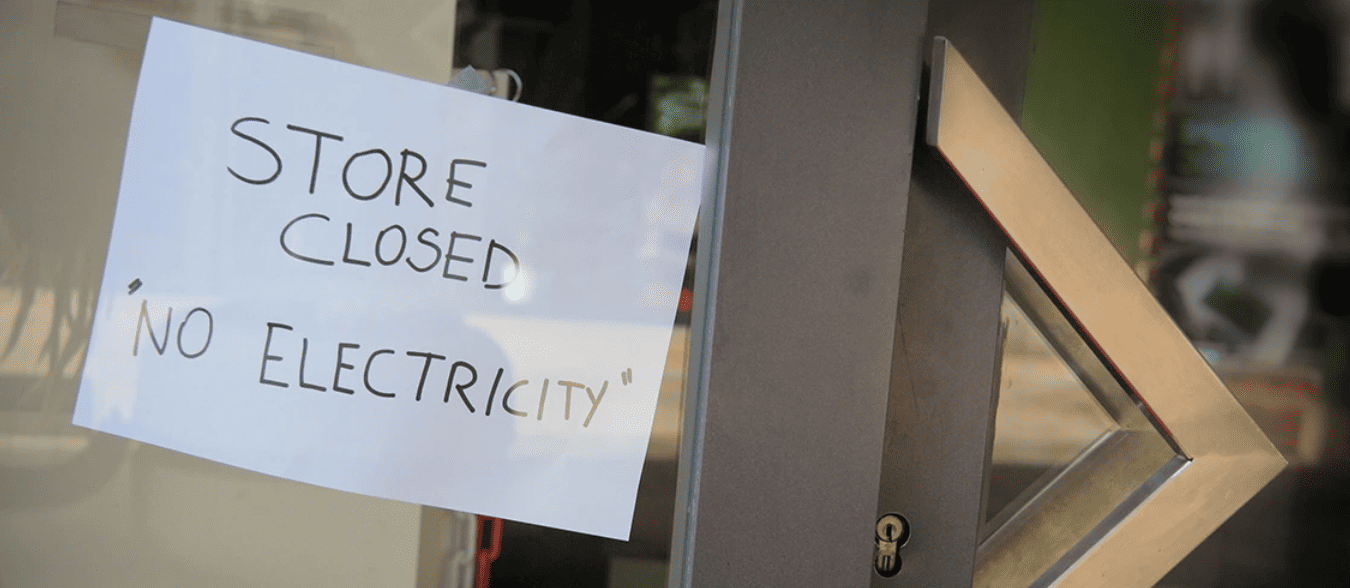Economic growth in the Netherlands will pick up in the coming years unless U.S. import tariffs and European retaliation unleash a trade war, the Dutch central bank (DNB) said on Friday.
Growth in the euro zone’s fifth-largest economy is expected to accelerate to 1.5% in both 2025 and 2026, following a 0.9% expansion this year, DNB said in an update of its outlook.
That growth is driven by domestic demand as wage growth continues to outpace inflation, while companies ramp up their investments and government spending increases.
But it would largely disappear if the U.S. and Europe get entangled in a full-out trade war that would cripple international trade, DNB warned.
In the run-up to his election as U.S. president, Donald Trump vowed to impose a 10% tariff on imports from all countries, and 60% duties on imports from China. These would hit supply chains throughout the world, likely triggering retaliation and raising costs, economists have warned.
If Europe responds with similar tariffs of its own, economic growth in the Netherlands would be reduced to only 0.4% in 2026, as exports and investments fall and rising unemployment hits consumption, DNB said.
“It may seem logical to retaliate by imposing tariffs, but allowing a trade war to escalate will only lead to less economic growth, especially in the Netherlands,” the bank said.
A trade war would also drive up Dutch inflation by almost half a percentage point in both 2025 and 2026, it added.
That would come on top of already high inflation in the Netherlands, where consumer prices are expected to rise around 3% annually in the next two years.
That is significantly more than in the euro zone as a whole, where the European Central Bank expects inflation to ease to around 2% on average in early 2025.
Source : Reuters







































































